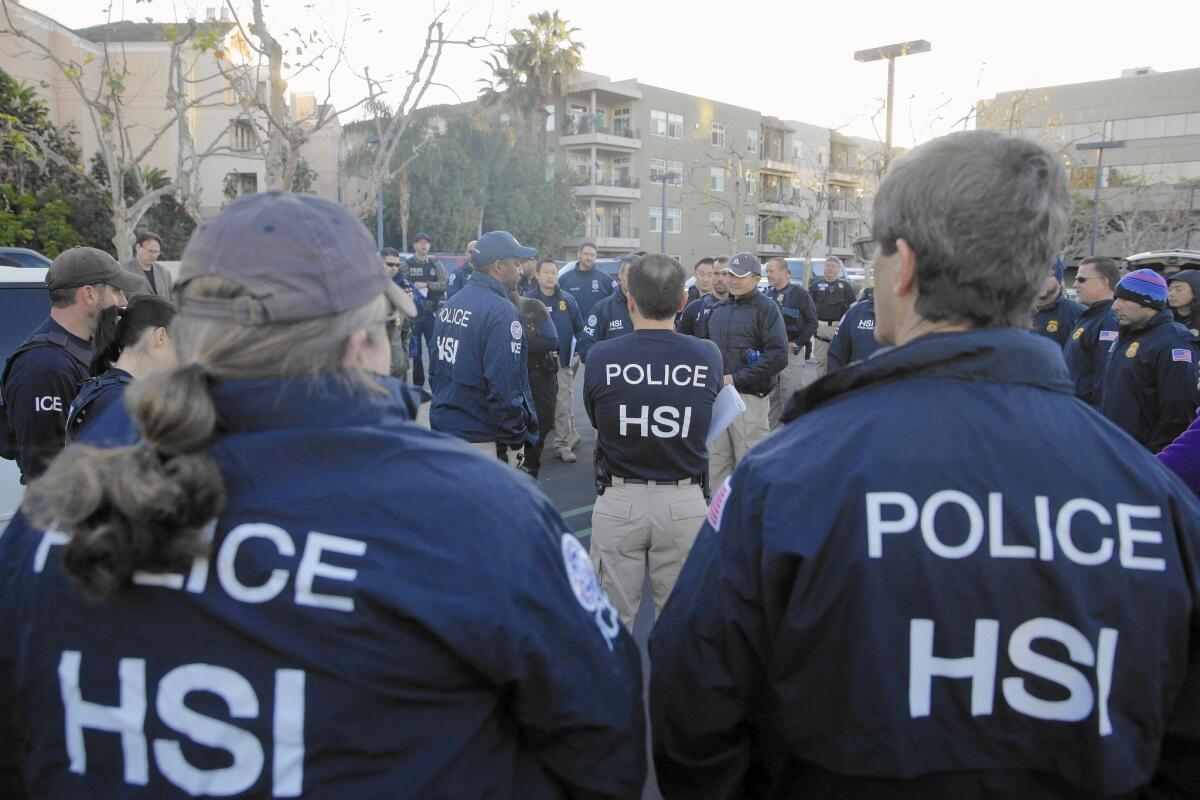Trump administration announces new rules limiting visas for pregnant foreign women

WASHINGTON — The Trump administration moved Thursday to impose restrictions on tourist visas for pregnant foreign women to prevent so-called birth tourism aimed at gaining U.S. citizenship for the child.
“Birth tourism poses risks to national security,” the State Department said in the new regulations.
The rules, which take effect Friday, could make it more difficult for some women of child-bearing age to obtain visas, but it remained unclear how effective the restrictions will be. Consular officers already have broad discretion in issuing visas. Further, “birthright citizenship” — the granting of citizenship to children born in the United States despite the parents’ nationality or immigration status — is enshrined in the U.S. Constitution.
A senior State Department official said “thousands” of babies are born annually to women who have traveled to this country on tourist visas, but he could not offer more detailed data. Nor could officials offer concrete examples of the kind of security risks the phenomenon poses.
The conservative Center for Immigration Studies, which has campaigned for restrictions, has estimated more than 33,000 such births occur annually.
The practice has proved particularly popular among Chinese women, many of whom use Southern California as their destination. Last year, federal authorities in Orange County and elsewhere busted several operations that they described as birth tourism companies, with names like USA Happy Baby and You Win USA Vacation Services. A number of suspects were arrested on a variety of immigration fraud and other charges.
President Trump, who has said he is determined to lower legal and illegal immigration to the U.S., has described the policy of birthright citizenship as a racket. He has claimed incorrectly that the U.S. is the only country with the practice. In fact, around 30 countries around the world allow birthright citizenship.
It remained unclear how the rules could be enforced. They appear to allow broad discretion to consular officers who would have to judge a pregnant traveler’s motivations.
The State Department official, who briefed reporters on condition of anonymity in keeping with its protocol, insisted consular officers had been “expressly told” not to ask every female traveler if she is pregnant or intended to become pregnant. But if women cite medical care as a reason for travel, or if a woman appears obviously pregnant, officers are allowed to inquire further to determine whether the women appear to be traveling only to give birth.
While visual cues are sufficient to warrant additional screening, the official said, officers will not use pregnancy tests.
The criteria, immigrant advocates say, are highly subjective, potentially discriminatory and open to abuse.
Sarah Pierce, a policy analyst for the Migration Policy Institute, a nonpartisan think tank, said consular officers already had broad leeway in granting visas, but the new rules could put “significant pressure” on officers to vet more stringently.
“This has been a pet issue for certain conservative individuals and for this administration,” she said.
The Center for Immigration Studies, the conservative group, said the new rules were an “appropriate response to the thousands of births resulting from fraud,” but the group called on additional steps, including judicial action to “clarify” the constitutional protection of citizenship.
In a statement, the White House said the change in rules was necessary to enhance public safety, national security and the integrity of our immigration system.
“The birth tourism industry threatens to overburden valuable hospital resources and is rife with criminal activity,” the statement said.
More to Read
Get the L.A. Times Politics newsletter
Deeply reported insights into legislation, politics and policy from Sacramento, Washington and beyond. In your inbox three times per week.
You may occasionally receive promotional content from the Los Angeles Times.










